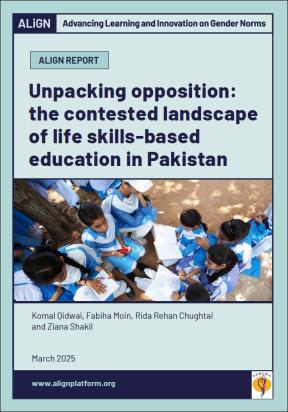
- Blog
- 7 janvier 2022
Social movements, backlash, intersectionality, political voice and, of course, Covid-19: just some of the many hot topics covered by ALIGN in 2021. This blog takes a closer look at the big issues from the past year and asks ‘what have we learnt’?


1. Social movements make change happen. ALIGN’s latest research suggests that women’s political mobilisation has a real impact on gender norm change. They promote legal and policy change and inspire people, including the families and communities of activists, to challenge rigid gender roles and attitudes. They generate ripples of change throughout society. ALIGN took a close look at social movements campaigning against gender-based violence (GBV) and found that collective action can shift the stubborn gender norms that underpin and condone violence against women and girls. Other recent research has highlighted the positive impact of continuous, flexible financial and non-financial support on the strength and evolution of social movements, in particular those led by young feminist organisations and groups.
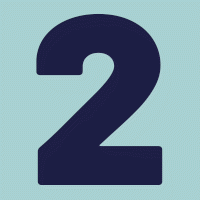

2. There is a growing recognition of intersectionality and its impact on gender norms. These norms intersect with other norms and with people’s experience of gender to reflect other aspects of their identity, such as race, class, disability and sexuality. This understanding has become more mainstream in recent years, with rights organisations, such as members of the climate justice movement, highlighting the clear intersections between climate change, gender, racial discrimination and poverty, and the varied inequalities people face as a result.
In 2021, ALIGN growing research on intersectionality included an insightful interview with disabled feminist activist and comedian, Nidhi Goyal, which highlighted the intersecting challenges faced by Indian girls and women with disabilities. Also focusing on India, ALIGN produced an annotated bibliography looking at the ways caste intersects with gender norms in education, health, violence, politics and work. And in Kenya, ODI researched the intersecting exclusion and violence faced by people with diverse sexualities and gender identities.
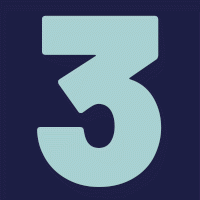

3. GBV is widespread and persistent in politics, the workplace, and in public life and holds women back. In 2021, we published research from our second round of micro-funding, which looked at violence against women in the workplace. Seven reports from six countries reveal the shocking extent of psychological, physical and sexual violence. The findings are a call to action for local decision-makers, industry leaders and trade unions, who need to understand and stand up to the abuse, and highlight the urgent need for more research in this field. Further learning on women in politics and public life revealed the gains made by women in this area in recent years, but also emphasised the many challenges that remain, including the high levels of abuse that they face, whether in person or online.


4. Many of the disturbing predictions about the gendered impacts of Covid-19 have been confirmed. During 2021, new research showed how pre-existing gender norms have been exacerbated by, and have shaped the impacts of, the pandemic. For example, globally women’s employment declined 5% in 2020 compared with 3.9% for men. Analysis from Ethiopia shows that girls, rural children and children with disabilities were least able to access remote learning and least likely to return once schools reopened. Studies from India suggest that patriarchal gender norms limiting women’s independent mobility and decision-making power contributed to a gender gap in vaccination uptake, though this has subsequently narrowed.
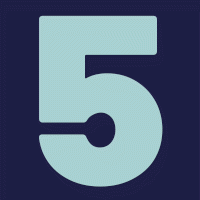

5. Anti-feminist ideologies gained traction. Coalitions of religious, government and civil society actors in different places have increasingly challenged policies and norms that support gender equality and LGBTQI+ rights, sometimes as part of wider political projects. Since the Taliban takeover in Afghanistan, women and girls are once again being denied an education, work and can’t even walk freely in their own neighbourhoods. The rights they fought so hard to achieve are evaporating. And in the USA and Poland we have seen push-back on women’s rights to access legal abortions. With powerful and well-funded forces mobilising to restore inegalitarian norms, it is vital to understand these dynamics, including how women themselves can determine their own destinies, and how to defend hard-won progress on gender equality.


6. There is growing recognition that gender inequalities will persist without more ambitious and deep-rooted action. ‘Gender transformative’ action aims to tackle the root causes of gender inequality and dismantle structural barriers to change. These barriers include discriminatory norms, legal systems and policies, as well as economic inequalities. ALIGN’s explainer video on how gender norms change highlights the need to work for transformation across all levels of society (e.g. in communities, workplaces, schools, in the media, and through laws and policies). It argues that action to change norms is more effective when combined with efforts to shift other barriers. Countries, for example, need to remove legal barriers to women working in certain jobs and address issues such as poverty and lack of childcare, as well as measures to change views on suitable jobs for women and men. As a think piece by Anju Malhotra notes: strategies should be judged on their outcomes, not their intentions: too many initiatives are claiming to be ‘transformative’ while actually contributing to very little change.


7. Shifts in masculinities are part of transforming gender norms. The upsurge of movements demanding an end to GBV has reinvigorated calls for men and boys to become stronger allies in the struggle for gender equality. In the UK we saw more people speak out about how sexist and misogynistic norms are part of workplace culture in key institutions, such as the police, and how this feeds aggression and impedes justice for women and girls subjected to sexual, physical and psychological violence. Five ALIGN grantees in India, Mexico, Namibia, Nigeria and Sierra Leone are now researching how feminist organisations engage with men and boys to challenge the norms that fuel GBV, with findings expected from April 2022.


8. Broadcast media can help to shift gender norms. The potential impact of ‘traditional’ broadcast and print media on gender norms is often overlooked in this age of social media and justified concerns about its role in amplifying misogyny and other forms of hate. By showcasing positive role models and normalising equitable gender relations, mass media can challenge gender norms, but can (and often does) reinforce gender inequalities. There is still a long way to go - the most recent Global Media Monitoring Report, published in July 2021, found that globally 70% of stories on gender-based violence do not challenge underlying gender stereotypes. And women journalists – like other women in public life – are increasingly subject to abuse on social media. ALIGN’s new series of case studies and interviews explores how key actors in broadcast media approach gender norm change and how better programmes could counter harmful norms and promote a more equal and gender-just world.


9. The range of tools available to help us understand and measure change in gender norms is constantly growing. These tools provide a snapshot of changing societal norms (for example around women’s leadership, or paid and unpaid work) in different places, and boost our understanding of the impact of change strategies. 2021 saw further innovations and compilations of tools, as well as efforts to gain a better understanding of how norms are represented and shaped on social media platforms. ALIGN’s Data, tools and measurement guide, for example, helps readers access relevant tools, experiences and recent thinking around measurement.
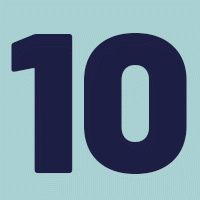

10. 2022 will be a crucial year in the fight for gender equality. 2021 was a sobering year of setbacks and challenges. But it reinforced our understanding that positive change takes time, persistence and courage, and it inspired multiple actors to stand up and be counted. We heard the voices raised around the world calling for an end to male violence against women and girls, the insistence that climate justice cannot be separated from gender and racial justice, and the many women and their supporters who championed gender equality in sport. 2022 requires more resources, more time and more courage to defend hard won rights and expand our understanding of how norm change can change lives for the better.
To this end, ALIGN has a wealth of new research coming out this year. In the coming months we will publish out two reports on social media and gender norms, start new work on gender norms and governance, and we continue our work on social movements as drivers of change, particularly in relation to gender-based violence. We will look in more detail at what a gender norms lens brings to the understanding of effective responses to climate change, and how norms that contribute to gendered economic inequalities can be challenged. So make sure you watch this space, sign up to our newsletter, and follow us on Twitter so you get all the latest research and comment as soon as it’s published.
About the authors


Rachel Marcus
Rachel Marcus is a social development researcher and practitioner who focuses on social equality, particularly related to gender, childhood, adolescence and youth. In recent years she has led research on gender and school environments, girls’ clubs, working with boys to promote gender-sensitive masculinities, and gender-sensitive youth livelihood programmes.


Emily Subden
Emily Subden is a Communications Specialist working for the ALIGN team at ODI. Emily works to ensure ALIGN reaches audiences both on and offline through the digital platform, social media, convenings, events, webinars and publications. Before joining the ALIGN team in 2018, Emily worked for the United Nations for six years focusing on education and children's rights. She recently completed a Master’s Degree in Education, Gender and International Development at University College London (UCL).
- Tags:
- Social movement, Intersectionality, Gender-based violence, Covid-19, Men, boys and masculinities, Broadcast media, Data, tools and measurement
- Countries / Regions:
- Global
Blog
14 avril 2025
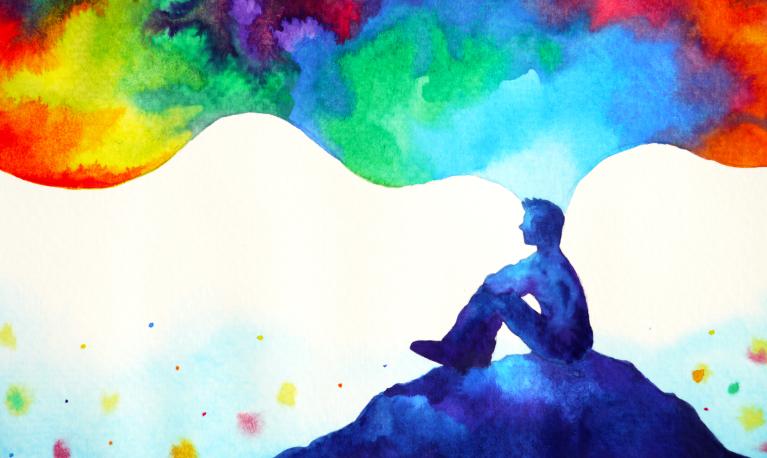
Report
14 avril 2025
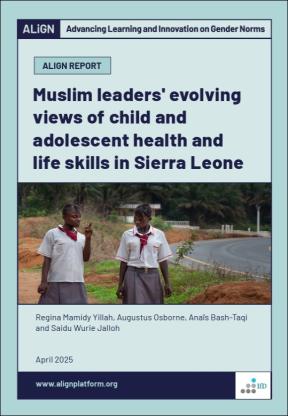
Report
26 mars 2025
